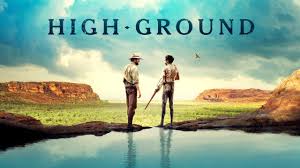January 25th-26th. Australia’s untold/ not known history – High Ground
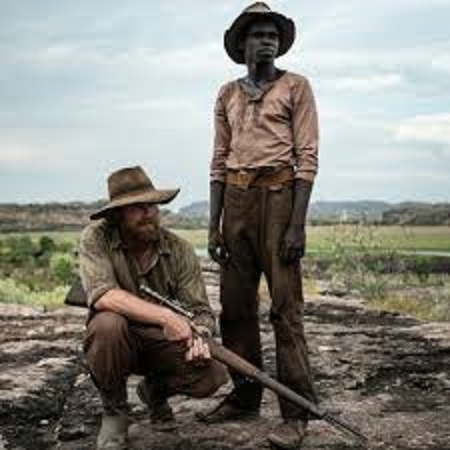
We need stories told, filmed. High Ground is released in cinemas around Australia this week.
A number of years ago, 2001, director Stephen Maxwell Johnson made a film with an aboriginal theme, Yolngu Boy. High Ground or ambitious film. It continues the challenge, dramatised in a number of films, especially Sweet Country, for honestly examining the life of the indigenous people of Australia after 1788, acknowledging the oppression, the massacres, the exploitation.
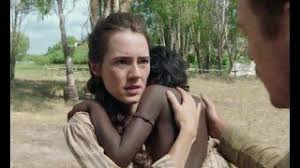
The first part of this film is set in 1919, the aftermath of World War I, where aboriginal soldiers served. The action, however, is in Arnhem Land, and the scenery of Arnhem Land is sweepingly beautiful, along with the flora and fauna, many birds, reminding audiences of the links between the aborigines and the land, the various totems.
We are introduced to a group of aboriginal people, rituals, paint and dancing, preparations and execution of the hunt. However, we are also introduced to white trackers who are pursuing the group. With the attack, a number of the pursuers are speared, many of the aborigines are shot – and a young boy, nephew of the leader, is cared for by the women and hidden under water with a reed for him to breathe.
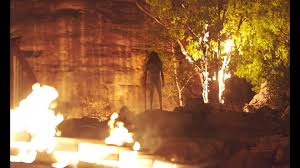
One of the pursuers is Travis, played by Simon Baker, a crack sniper from the war who has an overview of the attack but is not immediate party to the killings. In fact, he rescues the boy from the water and takes him back to the local mission where he is cared for by the pastor and his sister (Ryan Corr and Karen Pistorius), the pastor invited to come with the attacking party and dismayed by the events. The massacre is covered up by the authorities.
The transition in the narrative moves to 1931. The mission continues. The young boy has grown up and is now called Tommy (Jacob Junior Nayinggui). It seems inevitable that he will be caught up in further tracking and police action.
The white group, presided over by the chief, Moran, played by Jack Thompson, is led by a man, consumed with anger, some guilt, racist, who participated in the 1919 attack, Eddy (Callan Mulvey). Also present is Moran’s brash and inexperienced nephew. News has come that there has been at attack by an aboriginal gang and a white woman has been killed. Travis is also present.
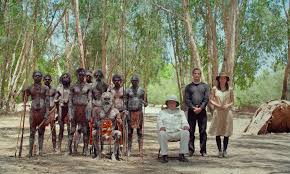
There are quite some emotional complexities amongst the white people. Tommy is to go with Travis and to find the group and help call some kind of meeting for justice if not for reconciliation. Tommy is using Travis. Travis is using Tommy for bait. There is some bonding between the two but Travis is taken prisoner, the grandfather and some of the warriors come to the mission and a meeting is held – ultimately to little avail.
Once again, there is confrontation, spears and bullets, many deaths.
The effect of this dramatising of the conflicts between white and black, the experiences of injustice, harshness of racism and vengeance, continue to be a challenge for a contemporary audience – and an invitation to honesty, retrospective acceptance of the facts of racism and violence.
